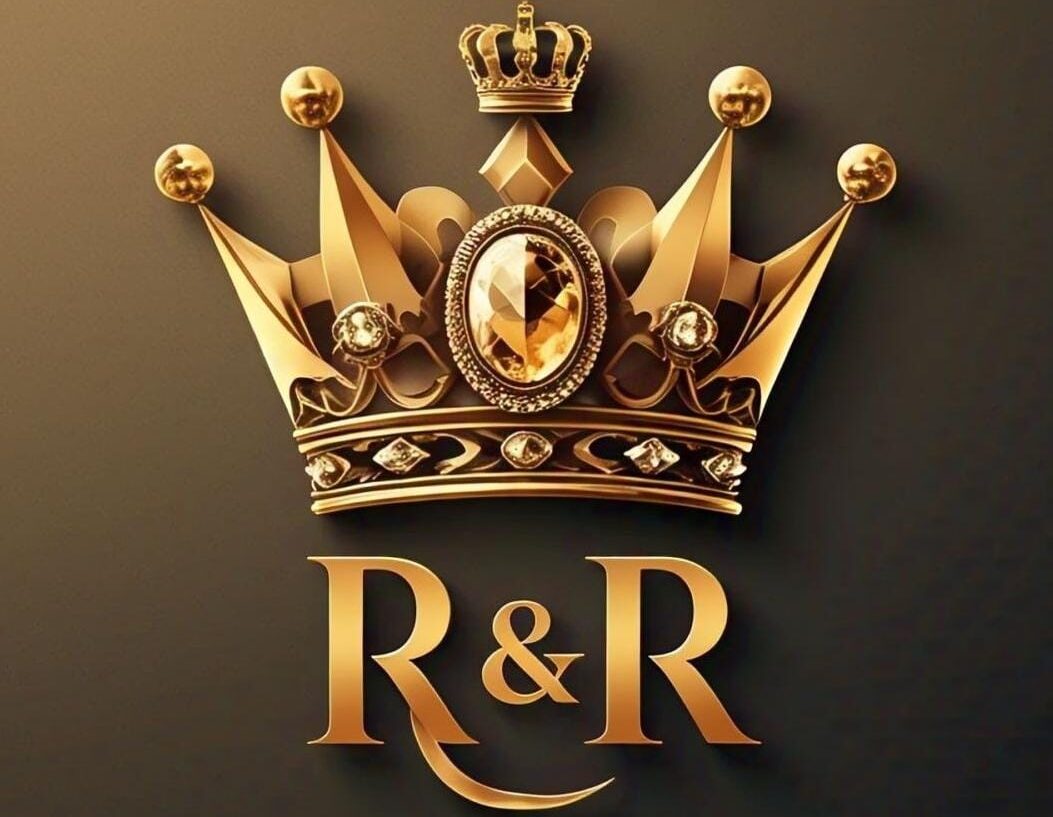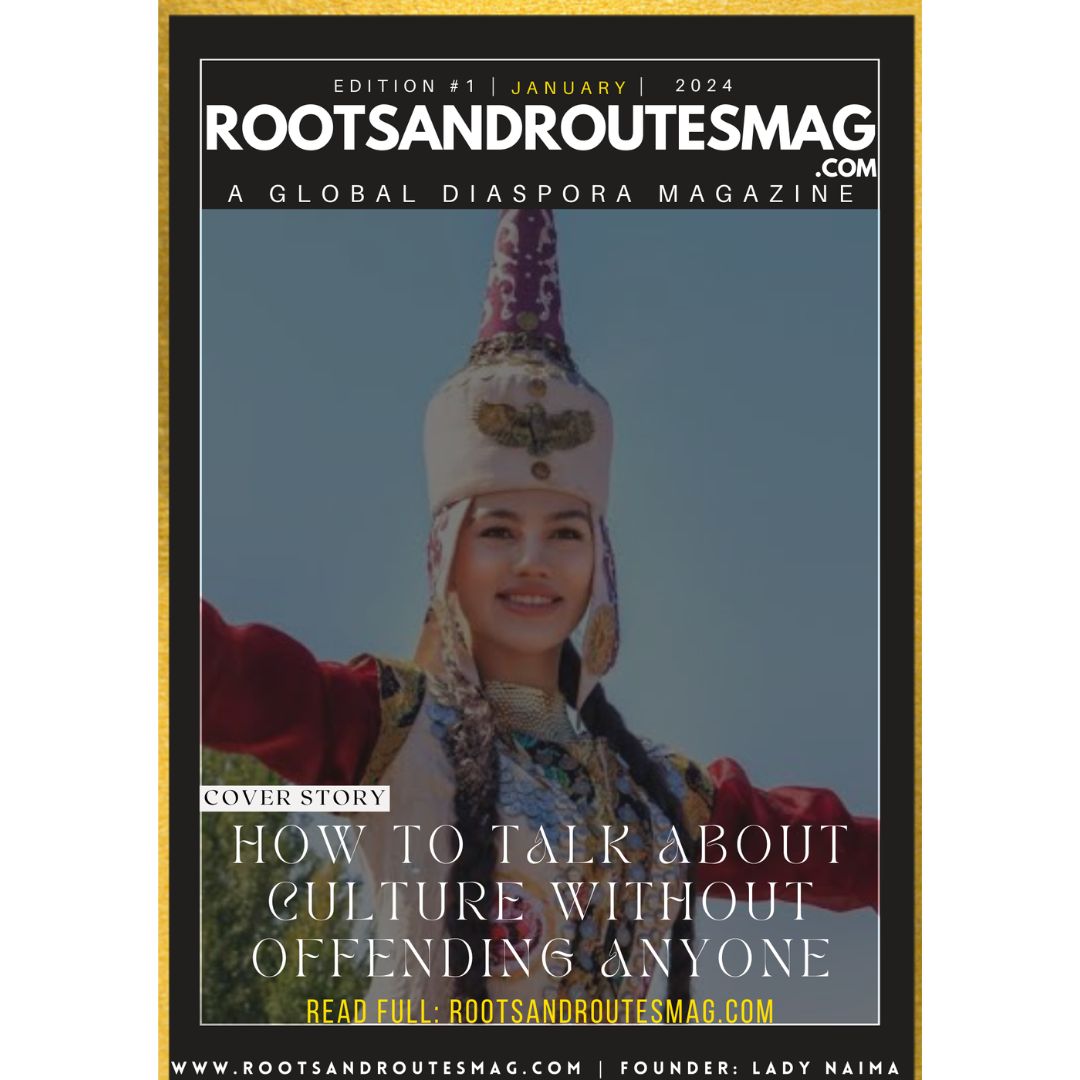How Does Pop Culture Shape Our Values?

Pop culture, encompassing everything from music, movies, television, and social media to fashion and celebrity culture, plays a significant role in shaping our values and perceptions. While often dismissed as mere entertainment, pop culture has the power to influence societal norms, ethical standards, and personal beliefs. Here’s how pop culture shapes our values and the impact it has on our daily lives.
1. Influence on Social Norms and Behavior
Pop culture is a mirror reflecting societal trends, often setting the stage for what is considered “normal” or “acceptable” behavior.
- Normalization of Behaviors: Television shows, movies, and social media influencers often portray certain behaviors as standard or desirable. For instance, the depiction of relationships in popular TV series can influence how we perceive love, marriage, and gender roles. Shows that challenge traditional gender roles or highlight non-traditional family structures can help shift public perception toward greater acceptance.
- Fashion and Beauty Standards: Pop culture heavily influences our ideas of beauty and fashion. Trends set by celebrities or popular shows often become mainstream, affecting how people dress and perceive themselves. The promotion of body positivity in pop culture has led to a broader acceptance of diverse body types, challenging narrow beauty standards.
- Language and Communication: Popular phrases, slang, and even memes from movies, TV shows, and social media often make their way into everyday conversation, shaping how we communicate. The widespread use of certain terms or phrases can reflect and reinforce societal attitudes and values.
2. Impact on Moral and Ethical Beliefs
Pop culture doesn’t just entertain; it also raises questions about right and wrong, shaping our moral compass.
- Moral Dilemmas in Storytelling: Movies, books, and TV shows often present characters facing moral dilemmas, prompting viewers to reflect on their own values. For example, anti-hero characters who operate in morally gray areas can influence how we perceive justice, ethics, and the consequences of our actions.
- Representation and Inclusivity: The representation of diverse groups in pop culture can challenge stereotypes and promote inclusivity. When underrepresented groups are depicted in a positive or complex light, it can influence public attitudes and encourage greater acceptance of diversity. Conversely, the lack of representation or the perpetuation of stereotypes can reinforce existing prejudices.
- Social Justice and Activism: Pop culture can be a powerful tool for social change. Music, films, and even viral social media movements can highlight social justice issues, encouraging audiences to question societal norms and take action. For instance, songs or films that address issues like racism, gender inequality, or environmental concerns can inspire activism and foster a collective sense of responsibility.
3. Shaping Political and Social Views
Pop culture often intersects with politics, influencing how we perceive political issues and social movements.
- Political Satire and Commentary: Shows like “Saturday Night Live” or “The Daily Show” use humor to comment on political events, often shaping public opinion. Satirical portrayals of political figures or policies can make complex issues more accessible and prompt viewers to question the status quo.
- Celebrity Endorsements: Celebrities who use their platforms to support or oppose political candidates, social movements, or causes can sway public opinion. Their influence can mobilize fans and shape the political landscape, especially among younger audiences.
- Music and Protest: Throughout history, music has been a powerful tool for protest and political expression. Songs that address social issues can galvanize movements, shape collective identities, and inspire change. For example, protest songs from the civil rights era or contemporary anthems addressing police brutality can resonate deeply with audiences, reinforcing shared values and ideals.
4. Influence on Identity Formation
Pop culture plays a crucial role in how individuals, especially young people, form their identities and understand themselves in the world.
- Role Models and Aspiration: Celebrities, characters in films, and influencers often serve as role models, shaping our aspirations and goals. The way these figures navigate their lives—whether it’s their career choices, personal struggles, or social interactions—can influence how we see ourselves and what we aspire to become.
- Cultural Belonging: Engaging with pop culture allows individuals to feel connected to a larger community. Whether it’s a fandom for a particular show, a love for a music genre, or participation in a viral trend, pop culture provides a sense of belonging and shared experience. This collective participation can shape how we see ourselves in relation to others.
- Exploration of Identity: Pop culture often explores themes of identity, allowing viewers to explore their own sense of self. Shows and movies that address issues of race, gender, sexuality, and other aspects of identity can help individuals better understand and articulate their own experiences.
5. Globalization and Cultural Exchange
In an increasingly connected world, pop culture transcends borders, facilitating cultural exchange and influencing global values.
- Cross-Cultural Influences: As pop culture from one country spreads globally, it introduces different cultural values and norms to new audiences. For example, the global popularity of Korean pop music (K-pop) has introduced aspects of Korean culture to audiences worldwide, influencing fashion, beauty standards, and even social values.
- Cultural Appropriation vs. Appreciation: While the exchange of cultural elements can lead to greater understanding and appreciation, it can also lead to issues of cultural appropriation, where aspects of a culture are adopted without respect for their original context. This raises important questions about the ethical consumption of pop culture and the responsibility of audiences to engage with it thoughtfully.
6. The Role of Technology and Social Media
Technology and social media have amplified the impact of pop culture, making it more pervasive and influential than ever before.
- Viral Trends and Challenges: Social media platforms like TikTok, Instagram, and Twitter have accelerated the spread of pop culture, creating viral trends that can shape values almost overnight. These platforms also allow users to participate in and shape pop culture, giving them a voice in the conversation.
- Echo Chambers and Confirmation Bias: Social media can create echo chambers where individuals are only exposed to information and opinions that reinforce their existing beliefs. This can lead to the entrenchment of values and a resistance to alternative perspectives.
- Instant Accessibility: The instant access to pop culture content via streaming services, online platforms, and social media means that its influence is constant. This constant exposure can shape values subtly over time, as individuals are continually engaged with cultural content.
Conclusion
Pop culture is a powerful force that shapes our values, influencing everything from our social norms and moral beliefs to our political views and personal identities. While it can serve as a tool for positive change, promoting inclusivity, and challenging the status quo, it can also reinforce harmful stereotypes and perpetuate biases. By critically engaging with pop culture, we can better understand its impact on our values and make more informed choices about the content we consume. In a world where pop culture is omnipresent, being mindful of its influence is crucial in shaping a society that reflects our best ideals and aspirations.

Tariq Riaz is a passionate web developer and content generation expert.









